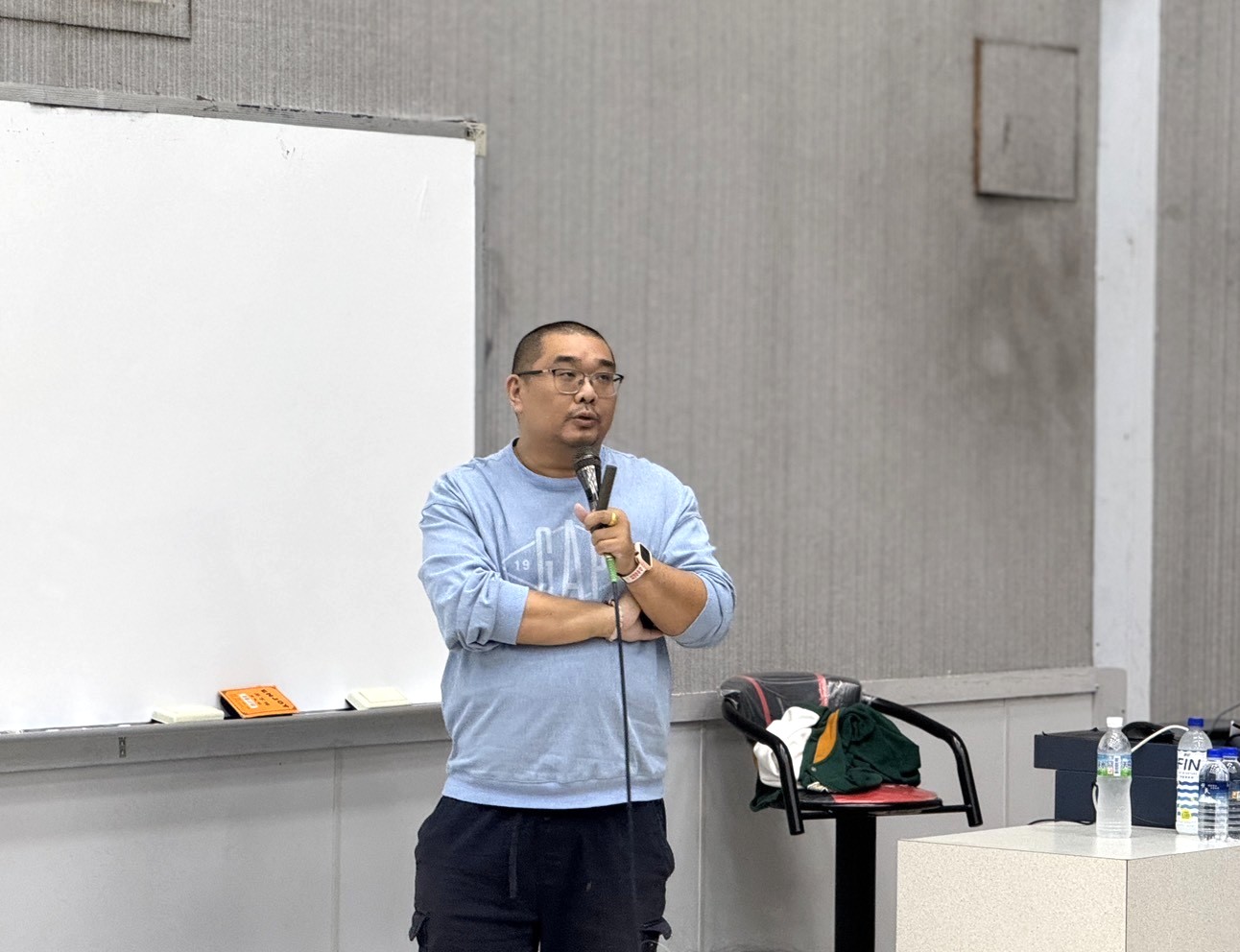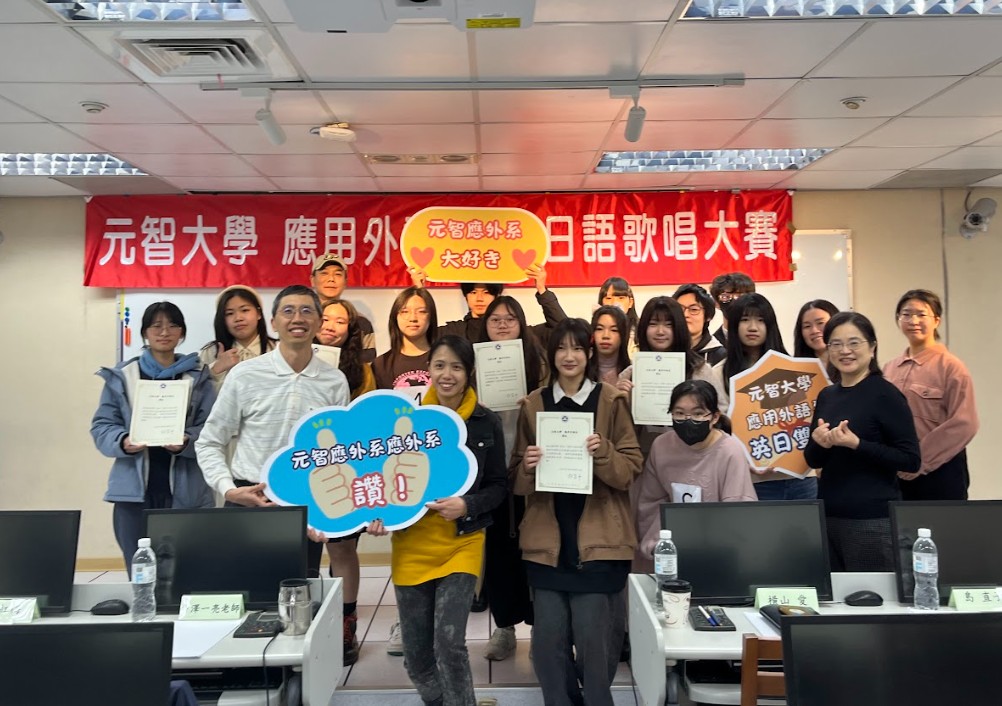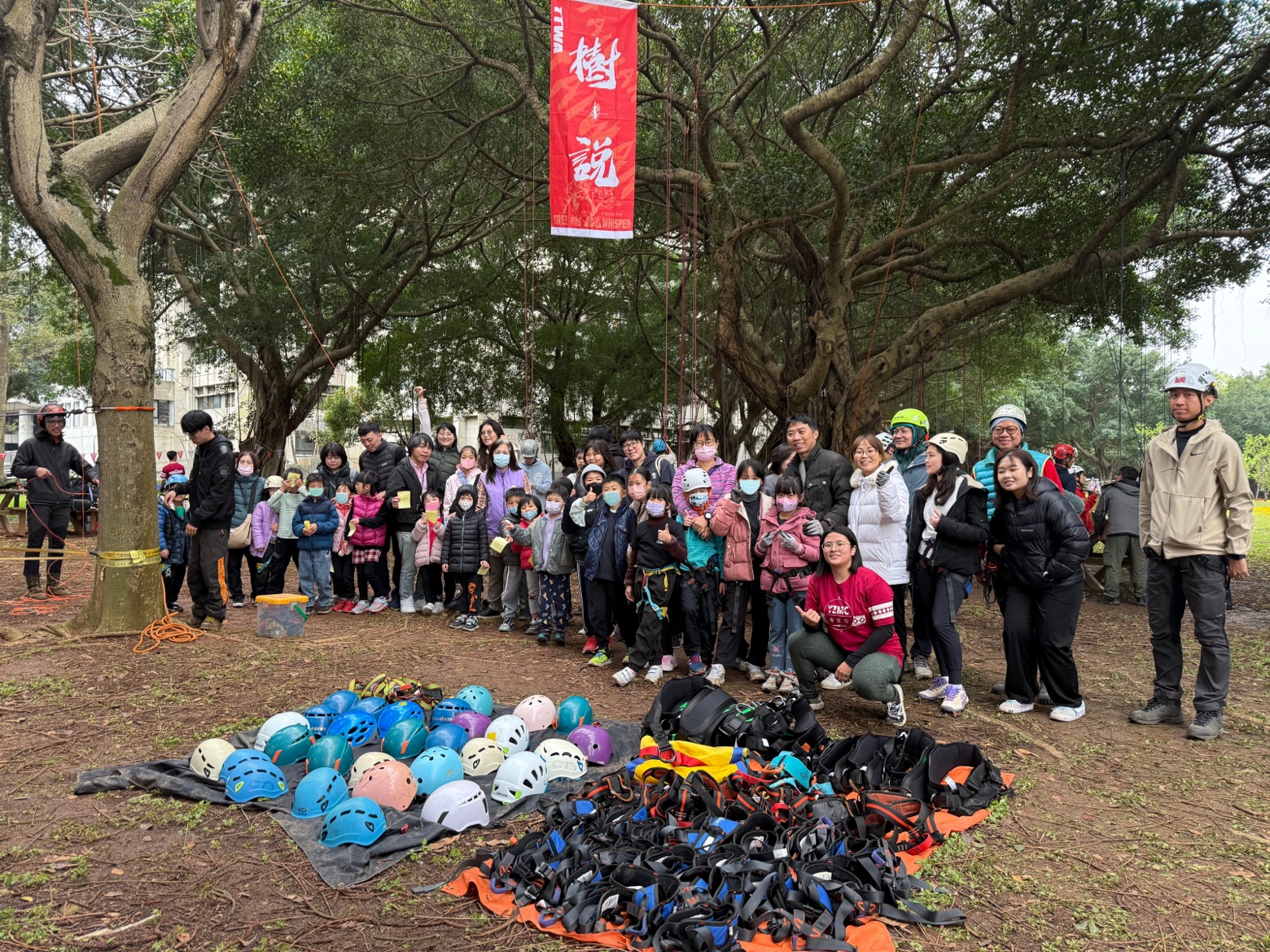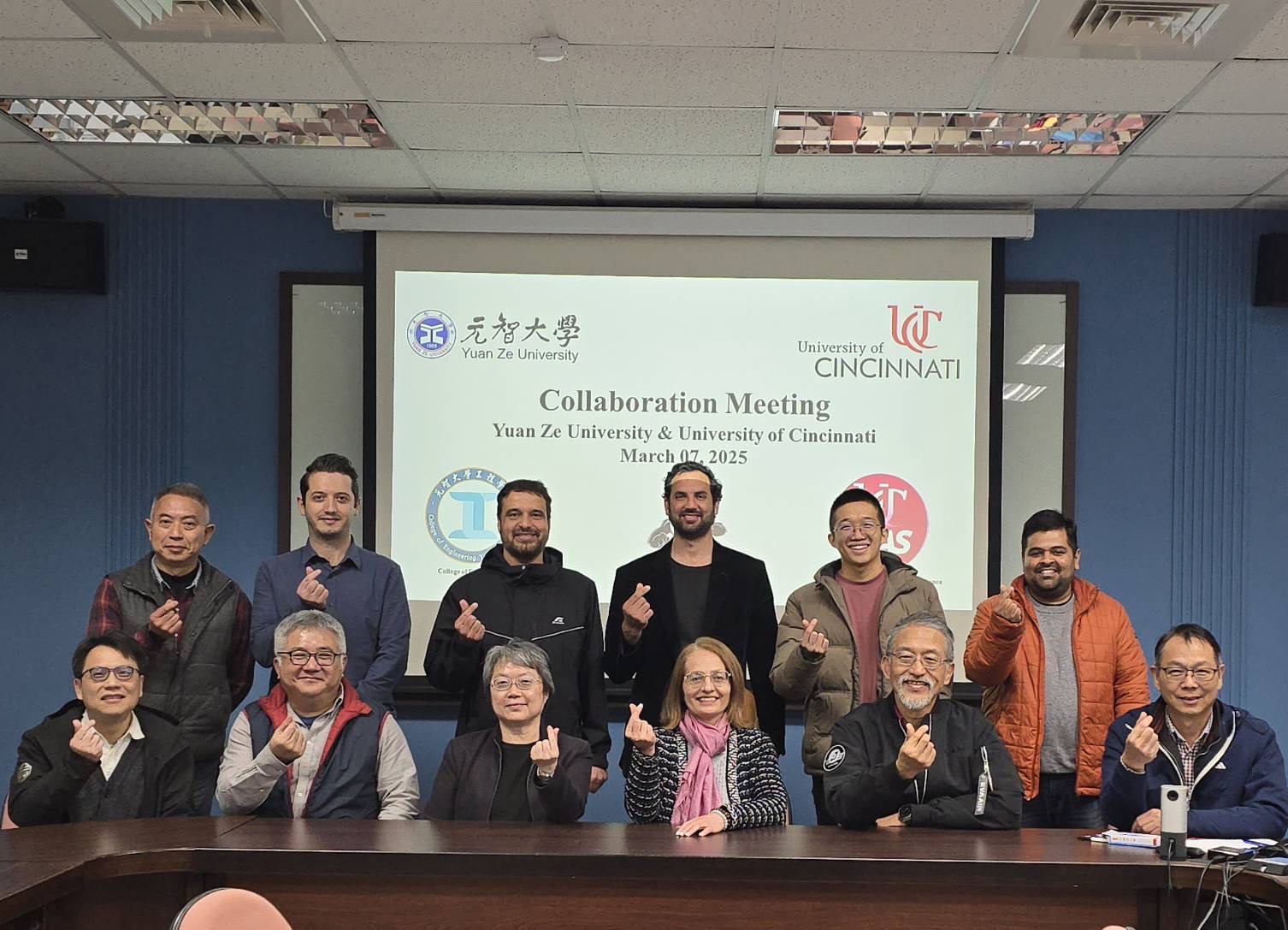On March 10, Yuan Ze University’s School of Nursing held a mental health lecture series in Room 60312, featuring Lin Pin-Rui, author of Hello, I Am a Mortuary Worker, also known as Master Brother. His talk, titled "The Stories After the Full Stop," attracted nearly 100 faculty members and students.
Before delving into his stories, Master Brother shared his experiences working at the Taoyuan Funeral Home and provided insights into the current state of the funeral industry. He posed a thought-provoking question to the audience: "If you were offered a monthly salary of NT$45,000, would you be willing to work the midnight to 8 AM shift at a public funeral home?" This was a question he had asked in his speeches at universities across Taiwan, treating it as a form of social research. To him, the job was not only stable but also well-paid, and compared to the service industry or caregiving, he found it "much cooler"—jokingly adding, "It’s quite cool behind me as well." His connection to the funeral industry began at age 30, following the passing of his father.
Back then, he had given up his university studies to care for his father, who had suffered a stroke. For ten years, he turned his father every two hours, patted his back, changed diapers, and suctioned phlegm, until the journey ended with a joint public funeral. These funerals, provided by the government for homeless individuals and low-income families, lacked traditional rituals but covered all necessary arrangements, from burial garments and cold storage to cremation and urn placement. Master Brother saw this as a beneficial policy, which sparked his interest in joining the funeral industry.
However, when discussing his father’s past, he admitted, "No, I did not love him." His father was an alcoholic, gambler, and domestic abuser who even took away his sister’s wages when she worked as a vocational student. In middle school, he once confronted his father to protect his mother, only to be beaten so severely that he was hospitalized. Shortly after, his father suffered a stroke. During the first year of caregiving, he viewed it as karma, but as his father’s condition deteriorated into a vegetative state, he began to feel pity for him. The ten-year caregiving journey was overwhelming, and at one point, he even contemplated ending his father’s life. Yet, when it finally ended, he did not feel relieved—instead, he fell into depression. He recalled, "I wanted to visit the funeral home to see the best way to die by suicide."
When he applied for a job at the funeral home, his supervisor immediately took him to see the most horrifying remains and even asked him to stay alone with the body for ten minutes. Public funeral homes mainly handled unclaimed bodies, many of which were decomposed or severely disfigured. After this shocking experience, his supervisor left him with a sentence that stayed with him: "There is no place for them to rest. Take them somewhere they can finally rest." This metaphor became the core belief guiding his work.
In the funeral industry, Master Brother witnessed countless regrets in people's final farewells. He recalled a 30-year-old man who suddenly passed away from a heart attack. When asked about his son's favorite things, the grieving father realized he knew nothing about his adult son’s life, except for his childhood love of Pikachu—so he placed a Pikachu toy in the coffin. There was also a mother who refused to buy a phone for her 11-year-old son, leading him to jump to his death. Before cremation, she placed a phone into the coffin, but when the cremation chamber exploded, she broke down in tears and asked him, "Sir, do you think my son received the phone?"
Despite witnessing so many goodbyes, he still struggled with his losses. When he spoke about the passing of his grandfather and beloved dog, "Pang Ji," both he and the audience could not hold back tears. He shared that, having given over 400 speeches across university campuses, his ultimate goal was to remind everyone: "Treasure every single person around you."
 English
English  正體中文
正體中文 



